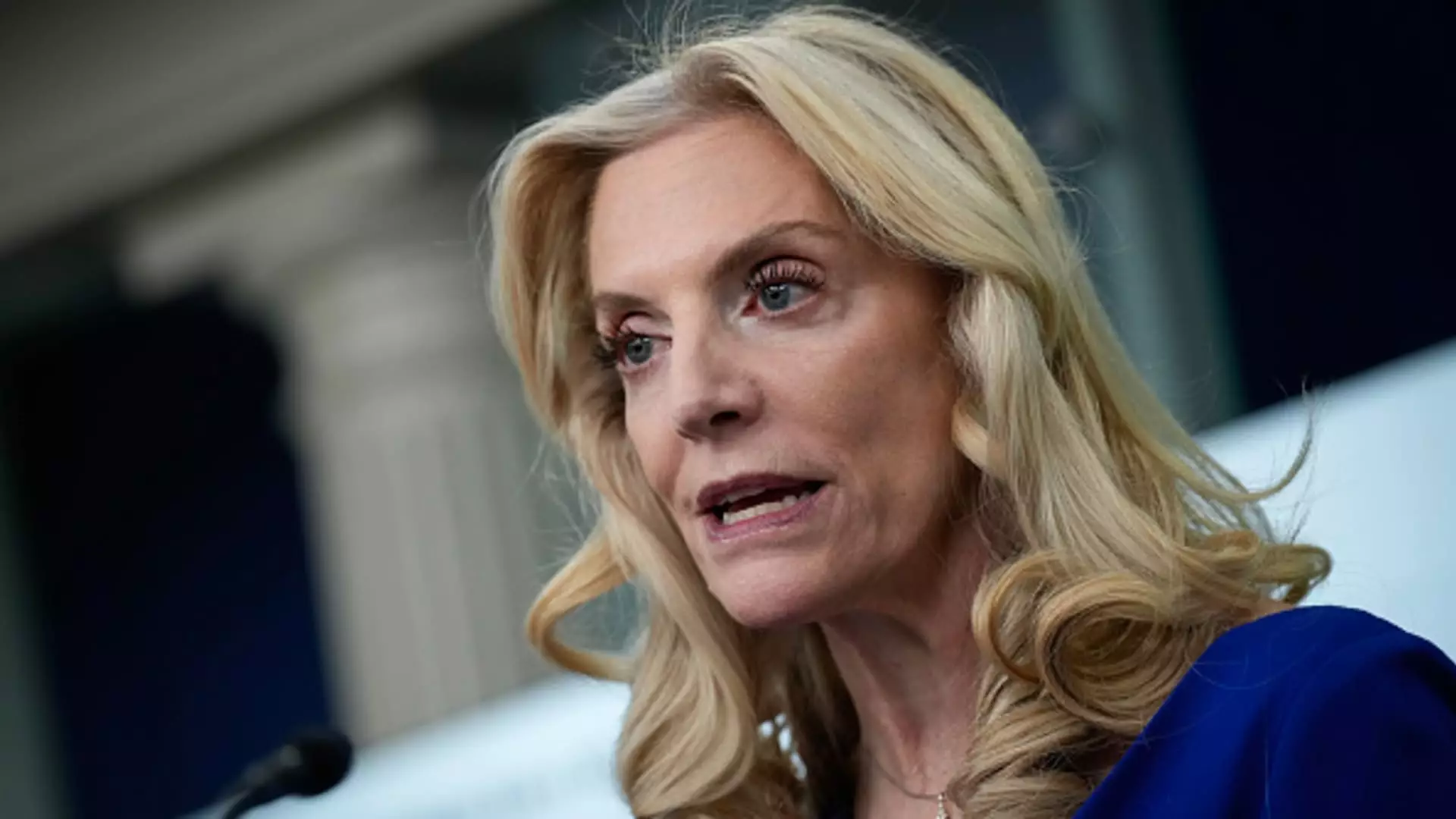President Joe Biden’s top economic advisor, Lael Brainard, recently discussed the country’s looming debate over the expiration of several tax breaks enacted by former President Donald Trump in 2017. These tax breaks, including lower federal income tax brackets, a higher standard deduction, and doubled estate and gift tax exemptions, are set to expire after 2025 without any changes from Congress. The Republicans’ signature tax package also permanently reduced corporate taxes by dropping the top federal rate from 35% to 21%.
Brainard emphasized the need to end the 2017 tax breaks for the ultra-wealthy and scale back costly permanent corporate tax breaks. She highlighted the importance of ensuring tax fairness and addressing the nation’s fiscal future. The ongoing debate over the national debt has raised concerns about extending the TCJA tax breaks, as it could potentially add trillions to the deficit over the next decade, according to the Congressional Budget Office.
In response to these challenges, the Biden administration aims to extend expiring TCJA provisions for middle-class Americans while funding these extensions by raising taxes on the ultra-wealthy and corporations. Brainard criticized the original legislation for primarily benefiting the wealthiest Americans and failing to deliver on the promised trickle-down effect.
To achieve a fairer tax system, Brainard suggested that the administration should not extend expiring Trump tax cuts for those with incomes above $400,000. Additionally, the administration plans to quadruple the tax on stock buybacks and implement a 25% minimum income tax for billionaires. These measures are aimed at increasing tax fairness and reducing income inequality.
In contrast to the Biden administration’s proposals, House Republicans have assembled teams to study and propose solutions to address the upcoming 2025 tax cliff. They have expressed concerns about the potential impact of allowing the 2017 Trump tax cuts to expire, citing an estimated $1,500 annual tax increase for an average family of four earning $75,000.
The debate over the expiring tax breaks from the 2017 Tax Cuts and Jobs Act highlights the contrasting views on tax policy between the Biden administration and House Republicans. While the Biden administration advocates for tax fairness and targeting the ultra-wealthy and corporations, House Republicans are concerned about the potential tax increases for middle-class Americans. As the country grapples with these complex economic issues, finding common ground and reaching bipartisan solutions will be crucial for shaping the future of the country’s tax system.

Leave a Reply